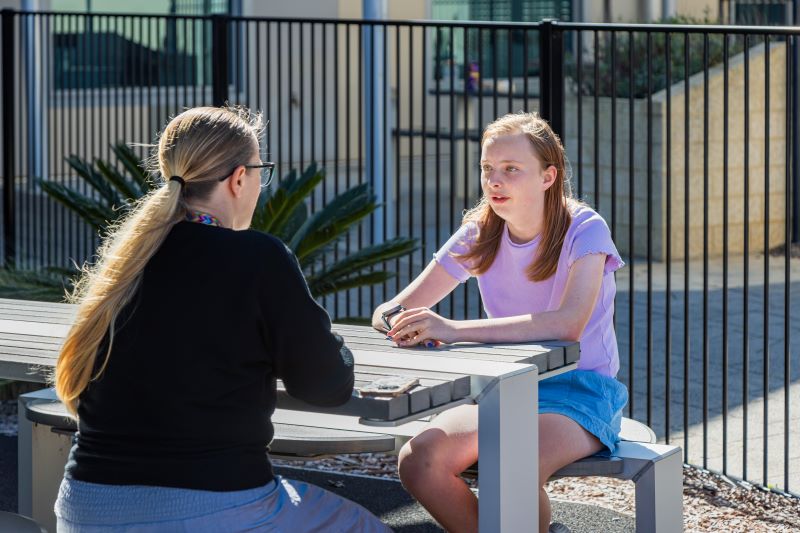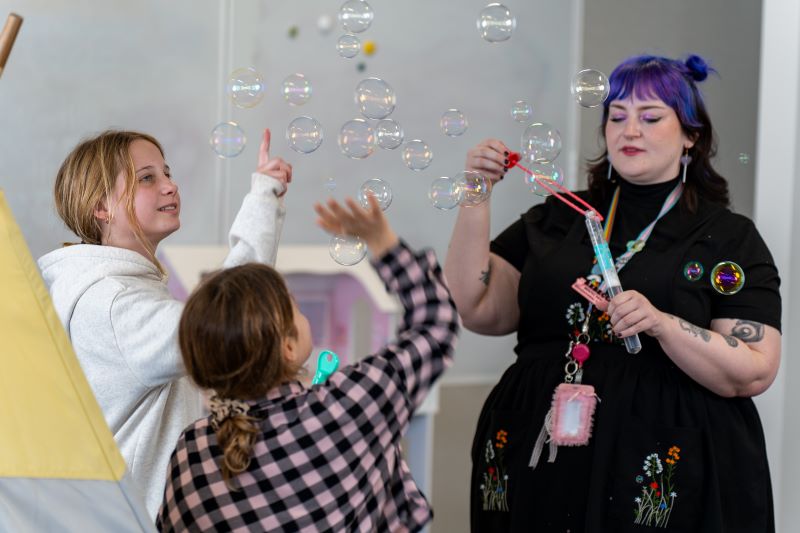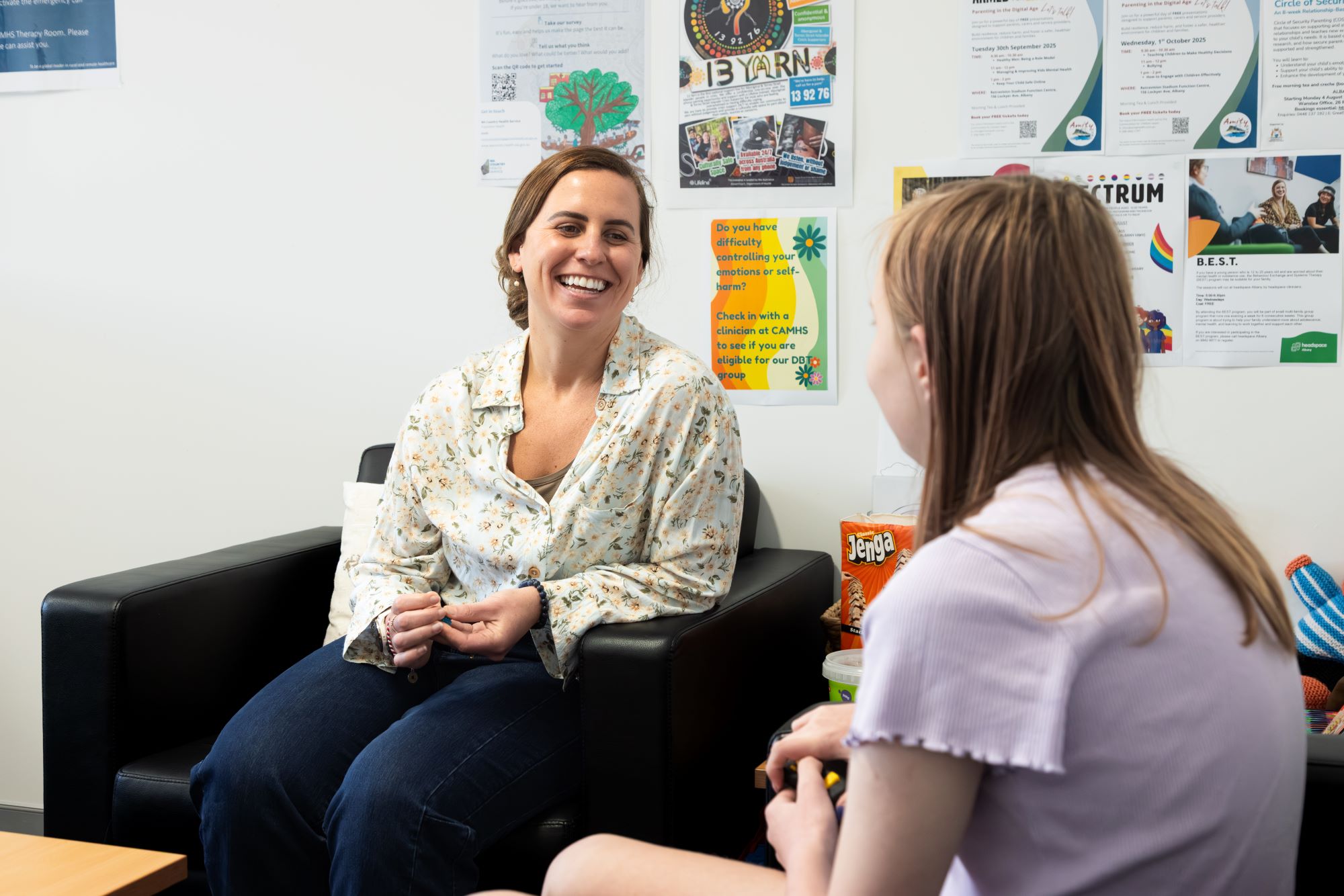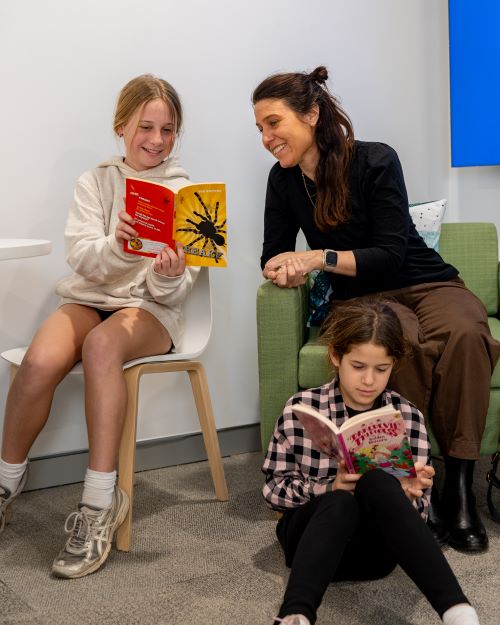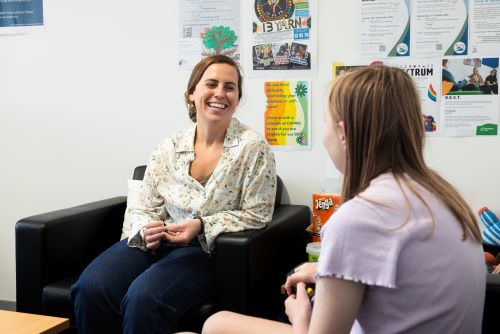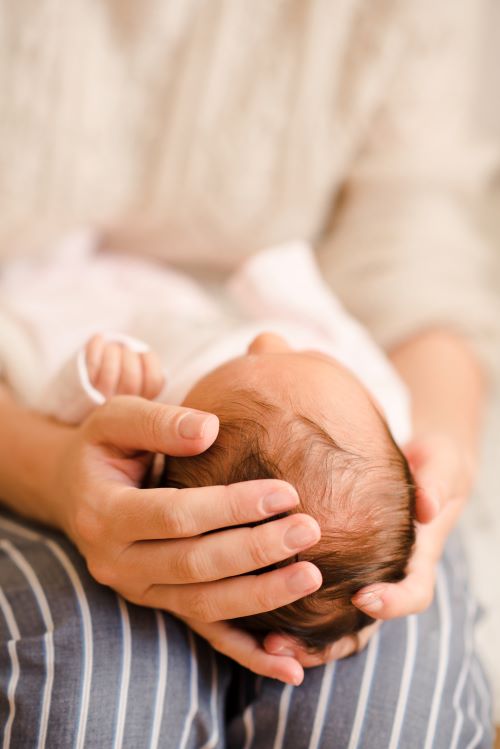Infant, Child and Adolescent System Transformation Program
Transforming, and continually improving, the public mental health system to meet the needs of young people in WA from the day they are born until they turn 18.
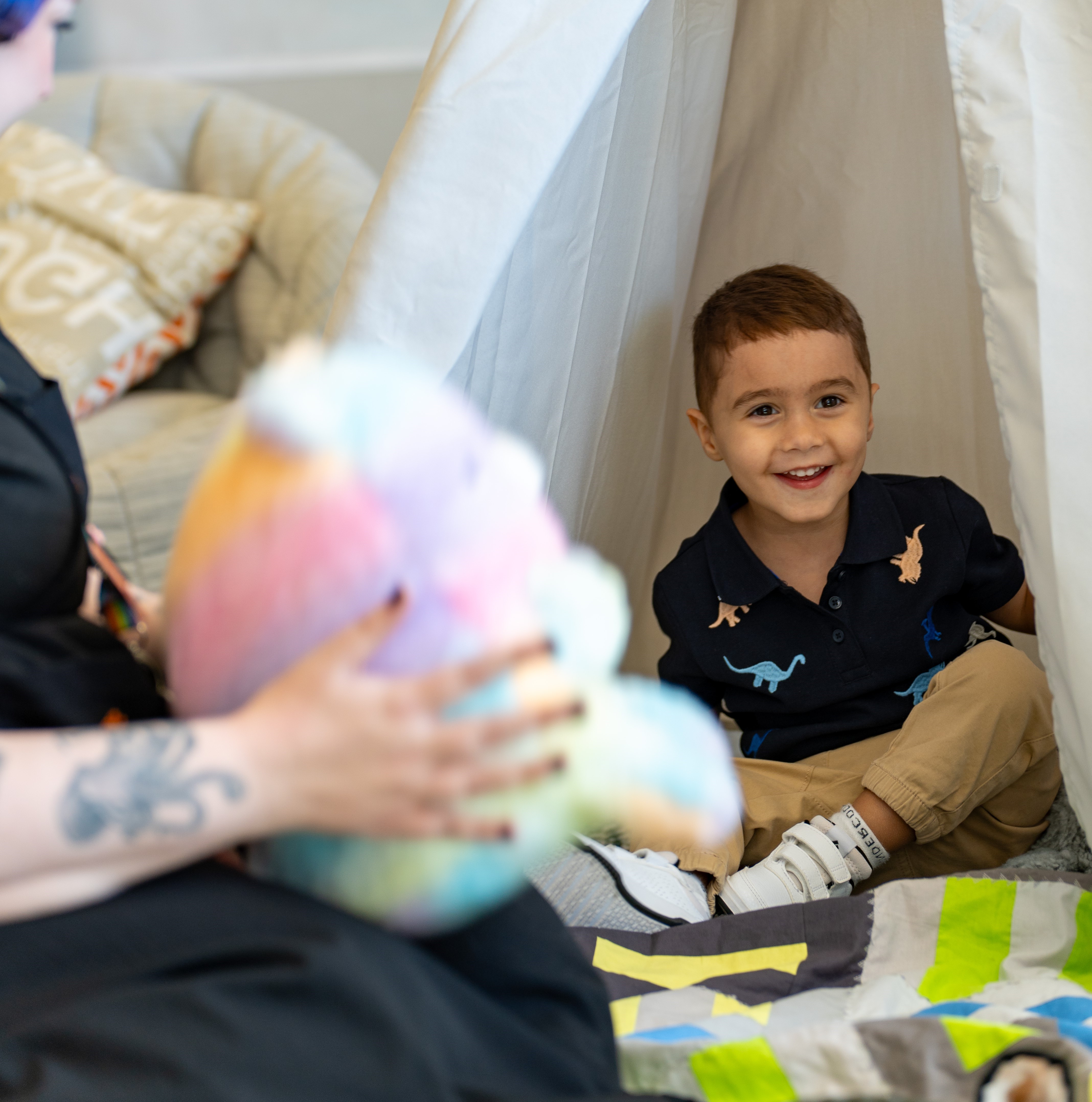
The Ministerial Taskforce into Public Mental Health Services for Infants, Children and Adolescents aged 0-18-years in Western Australia (Taskforce) was established to outline a whole of system plan for the public specialist infant, child and adolescent (ICA) mental health services in Western Australia to meet the mental health needs of young people – from the day they are born until they turn 18.

Led by an Independent Chair, Taskforce was a 10-member group including senior leaders and clinicians from the WA public health and mental health systems, and people with lived experience. The Taskforce was supported by over 100 Expert Advisory Group members, including people with lived experience, clinicians and service providers, and other system leaders.

The Taskforce released its Final Report of the Ministerial Taskforce into Public Mental Health Services for Infants, Children and Adolescents aged 0 – 18 years in Western Australia in March 2022. The findings, recommendations and plan were all shaped by extensive engagement with stakeholders throughout WA. This included interviews, focus groups, workshops, submissions, and other engagements with a broad range of important voices.
Download report



In the Final Report the ICA Taskforce proposed eight key actions to transform, and continually improve, the public infant, child and adolescent mental health system. The WA Government are committed to these key actions and to the ongoing reform of infant, child and adolescent mental health services across the state. Building on the ICA Taskforce Final Report, models and system principles were designed to collectively describe the ideal future system.


